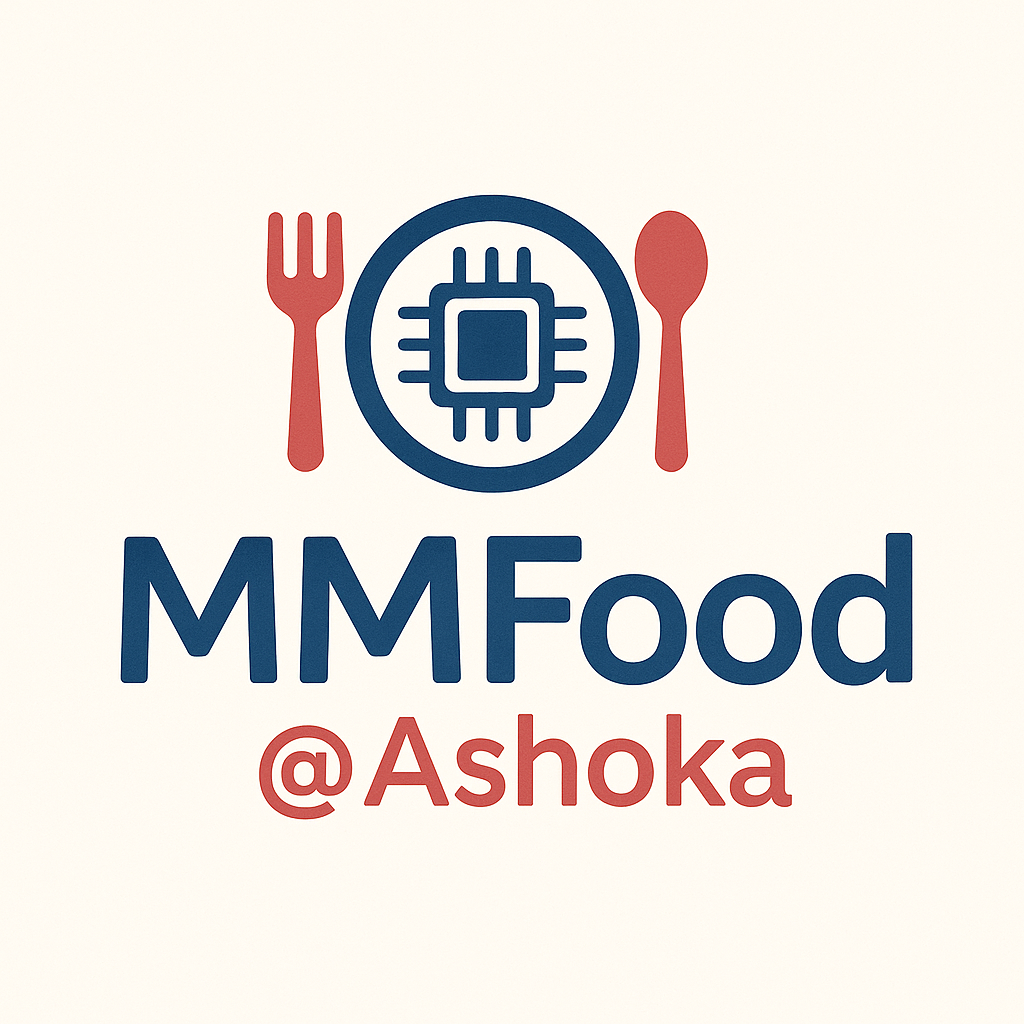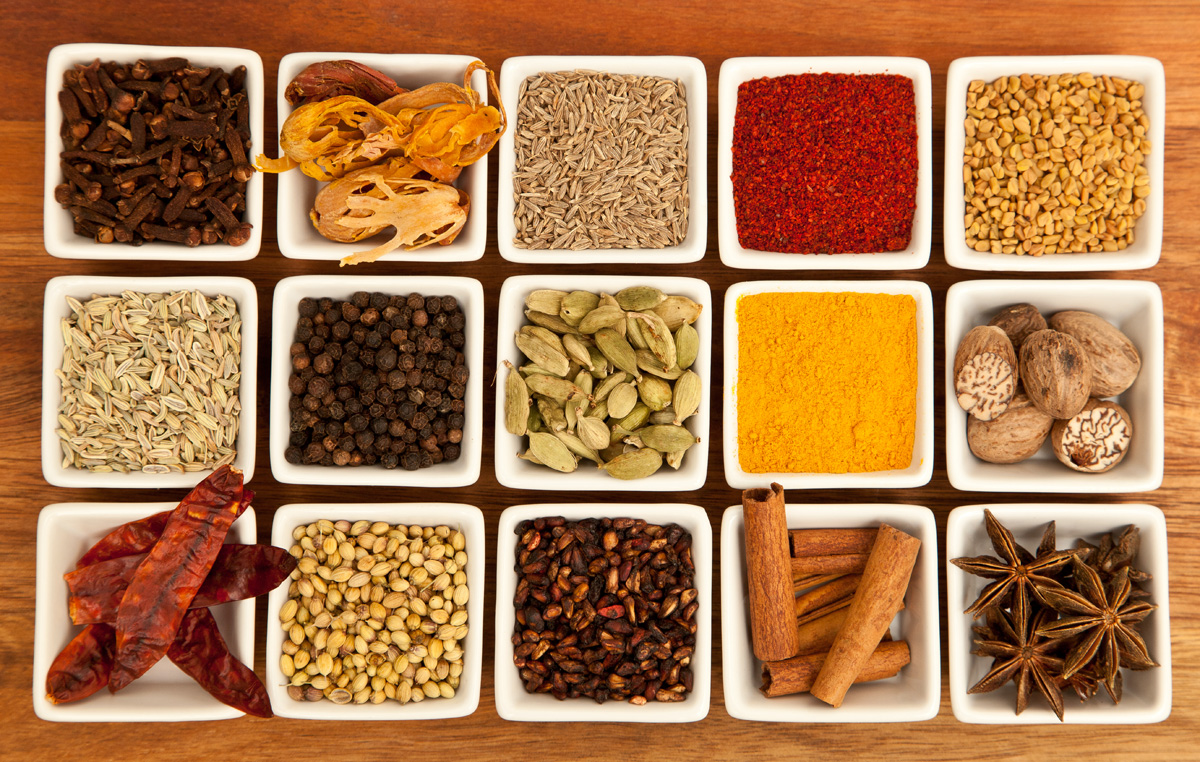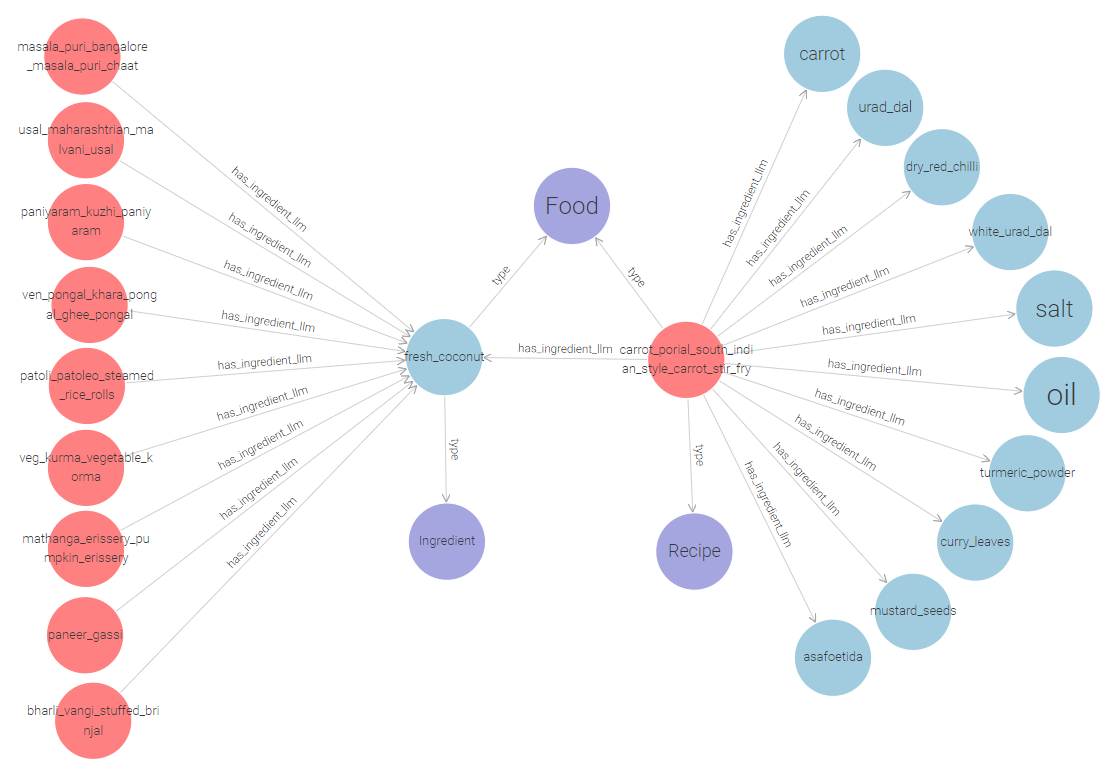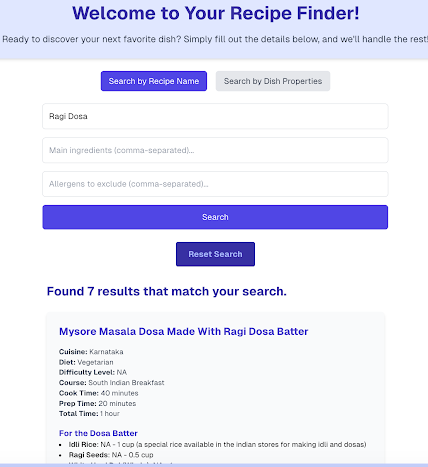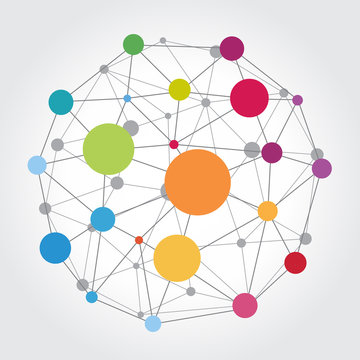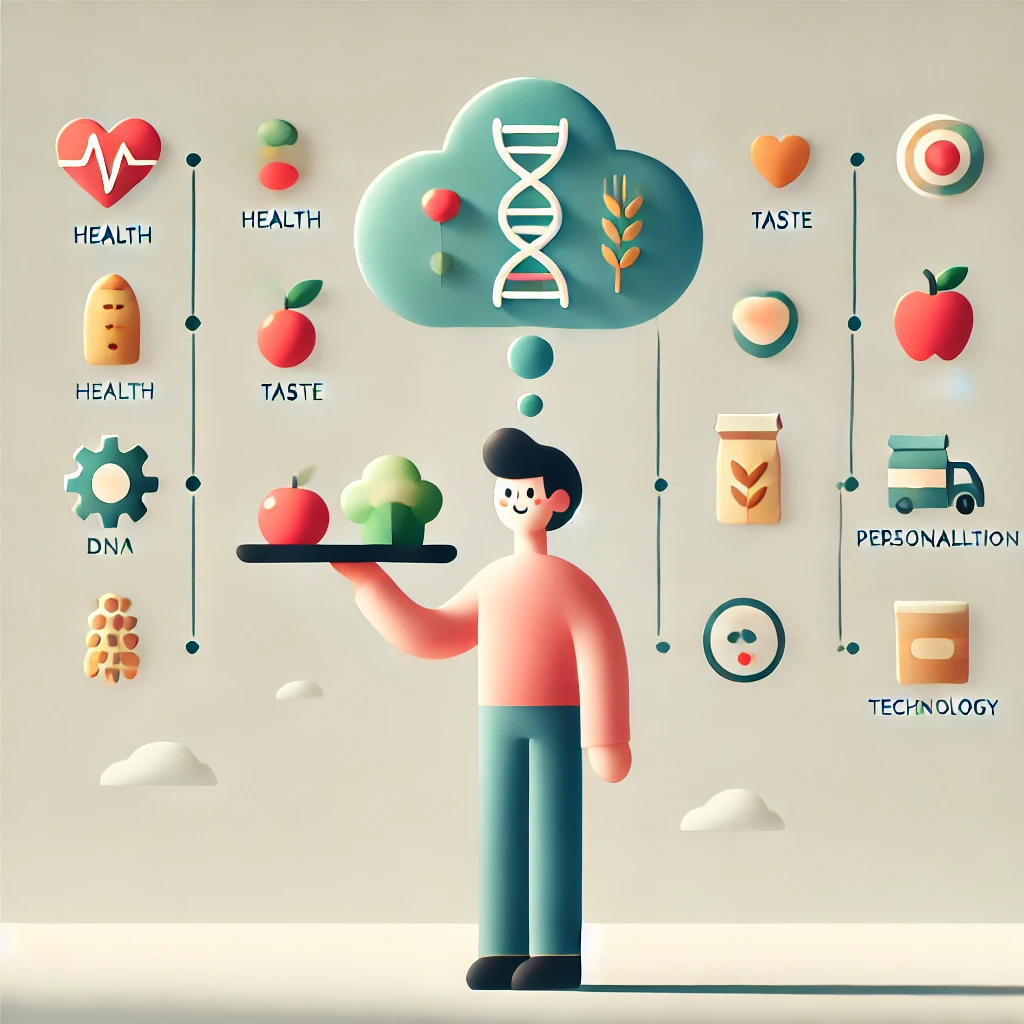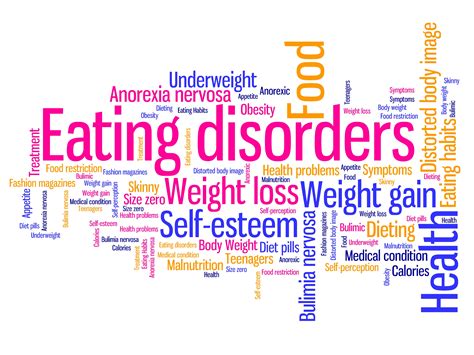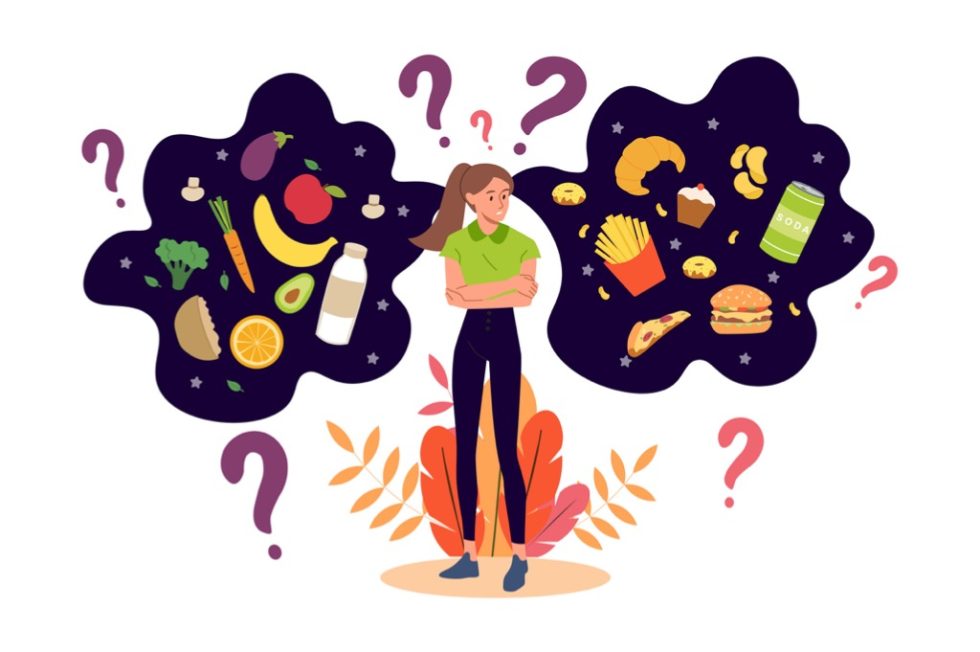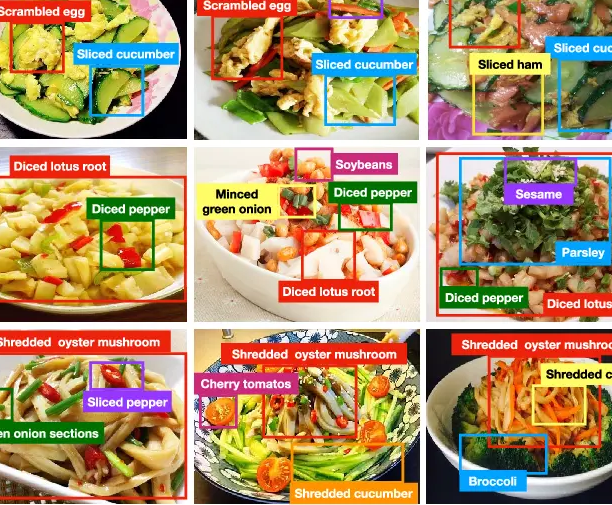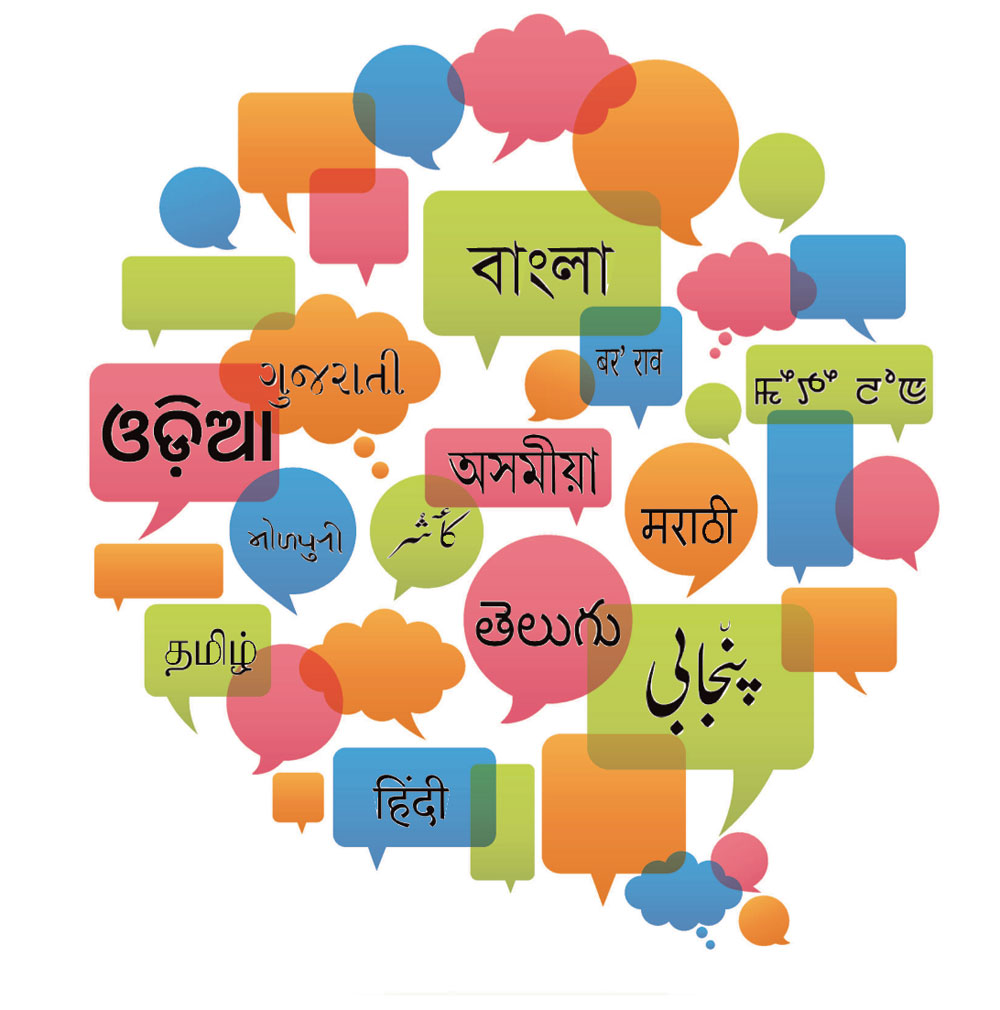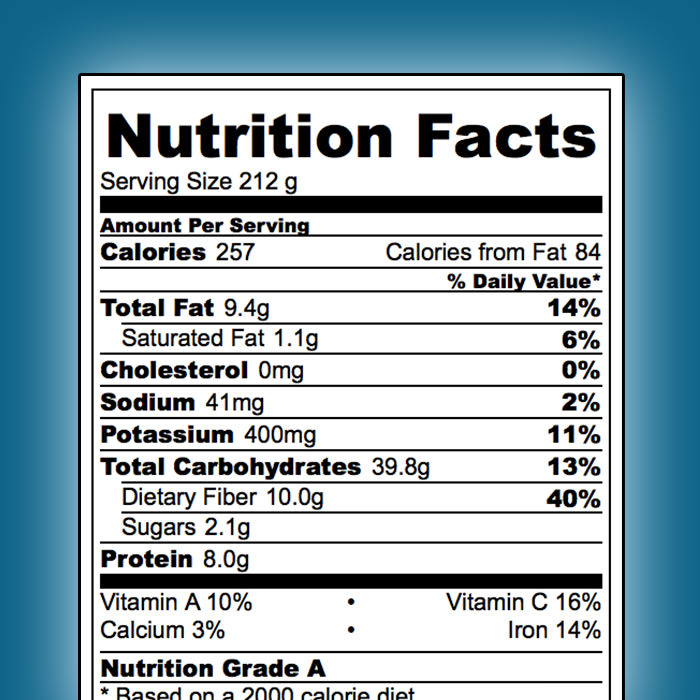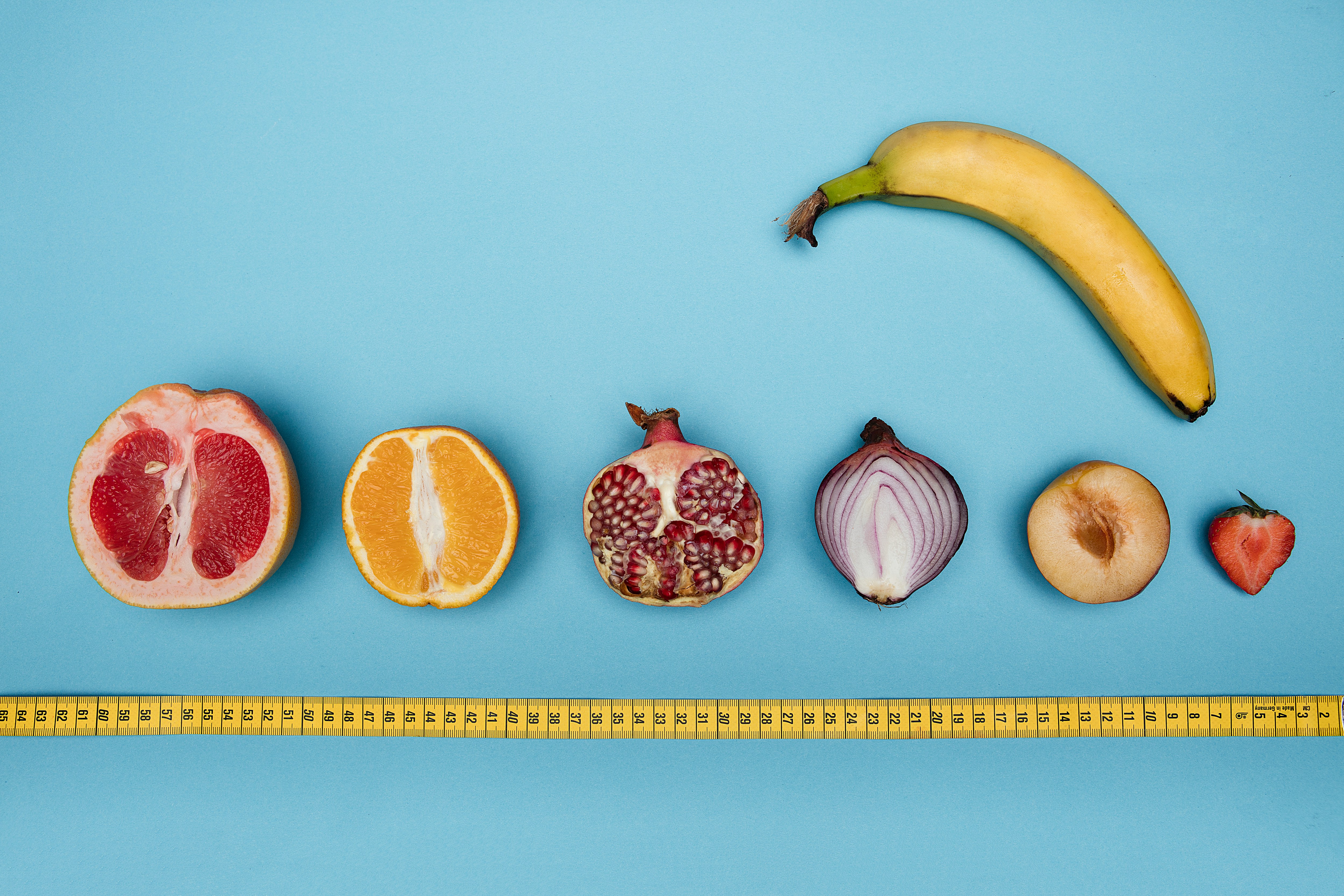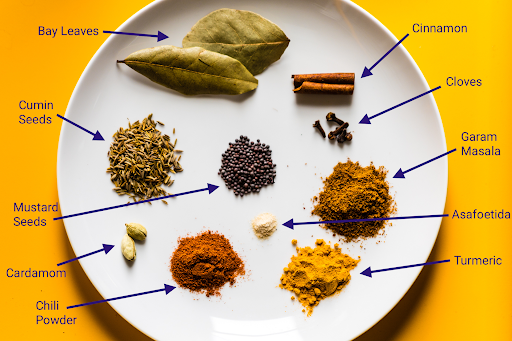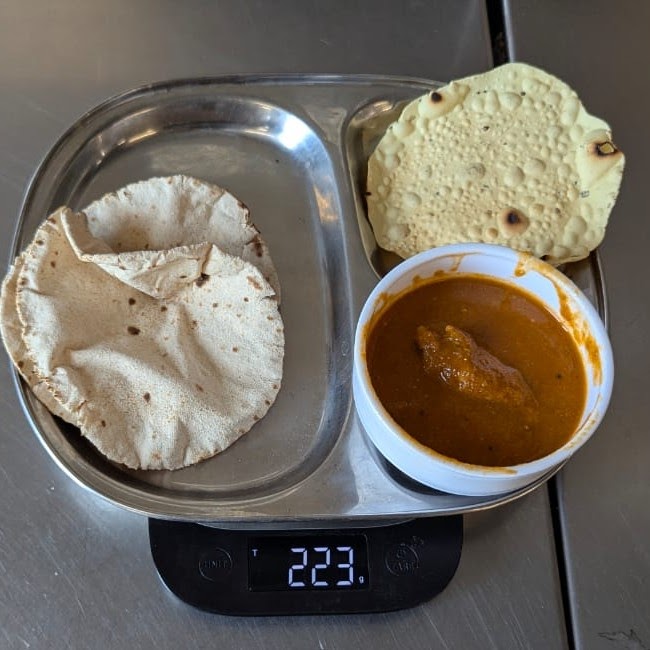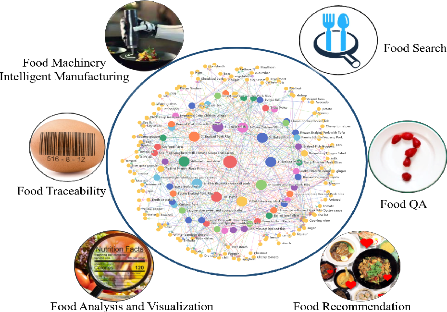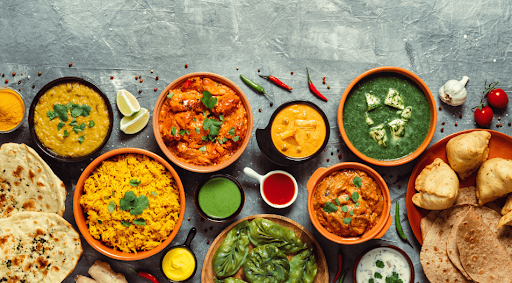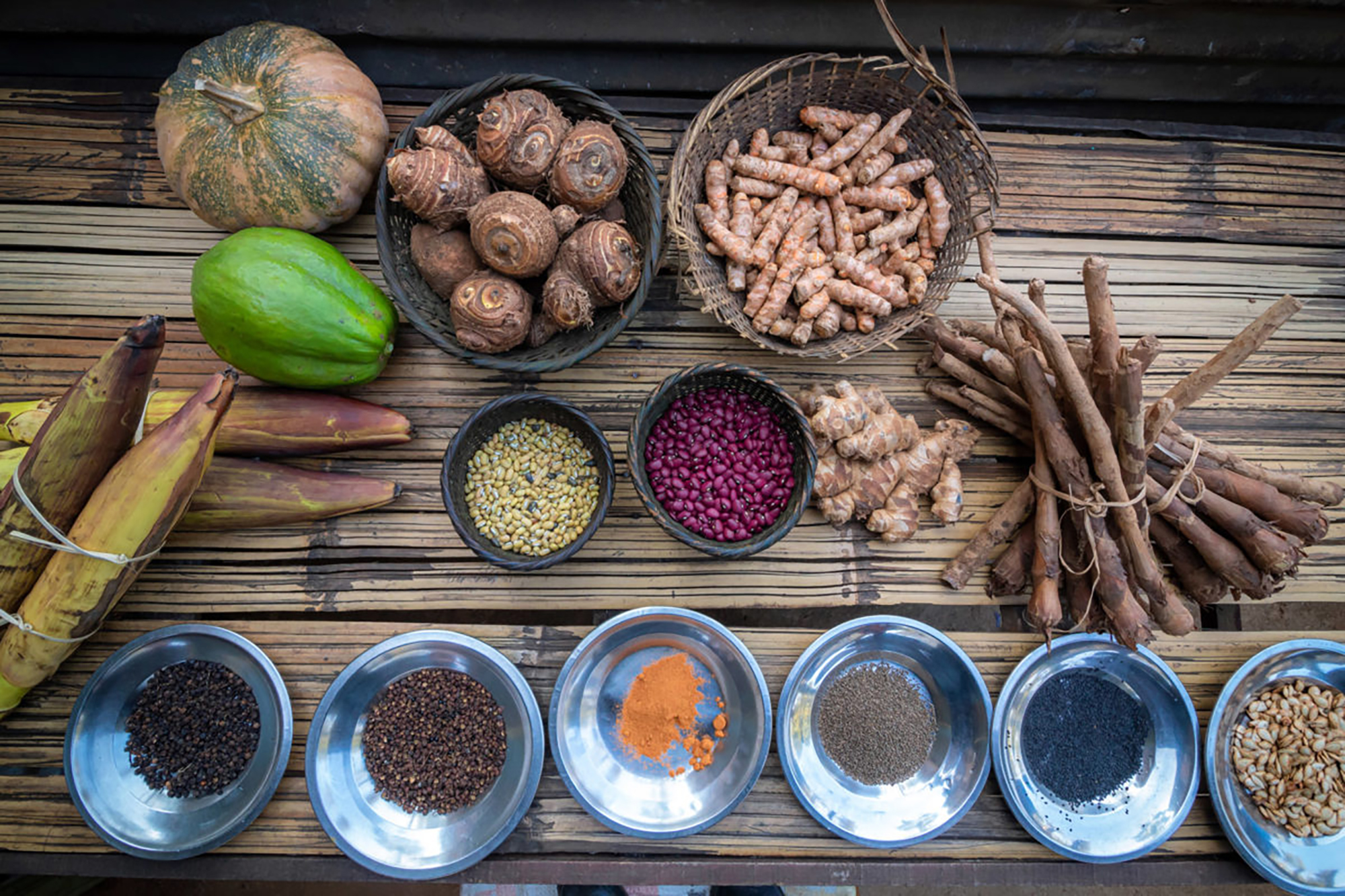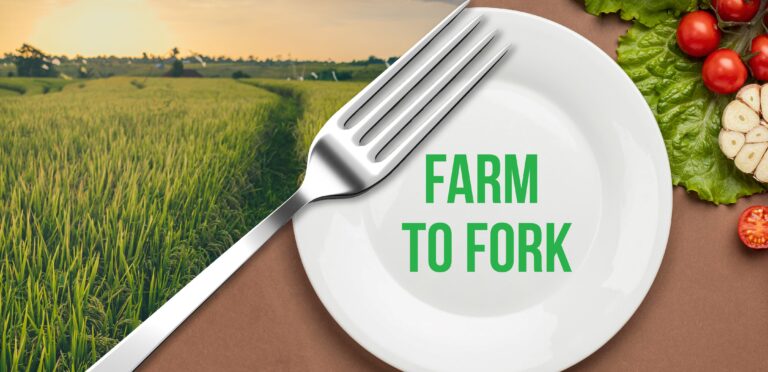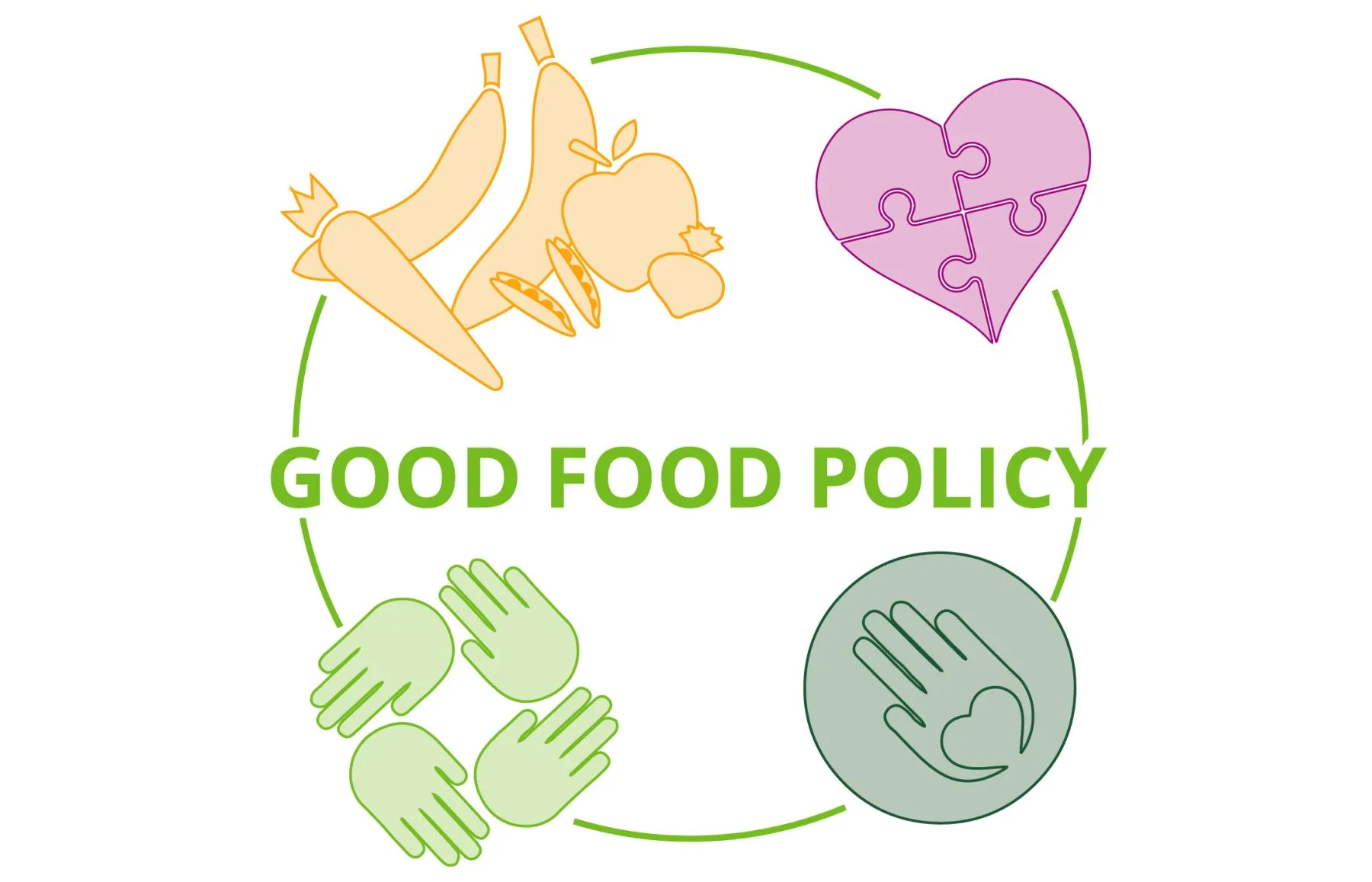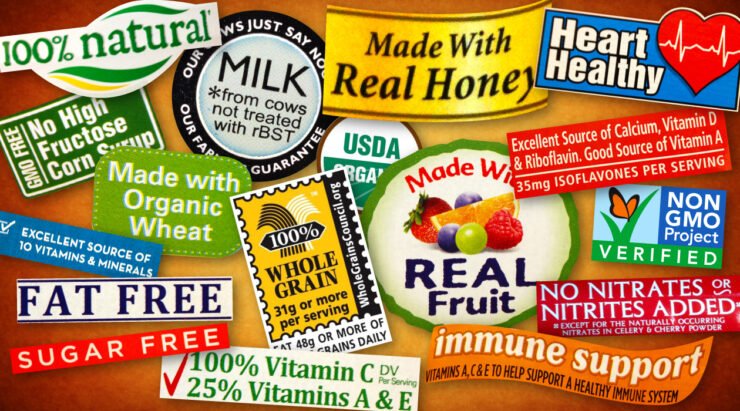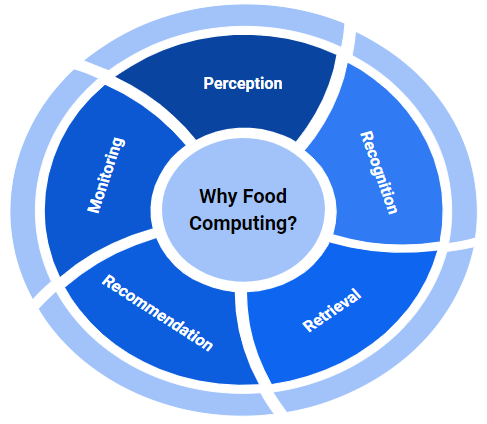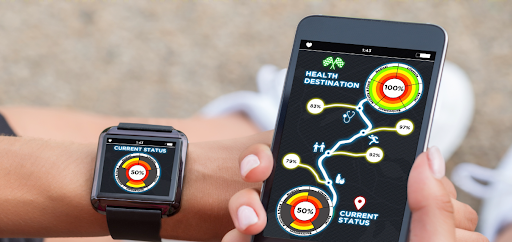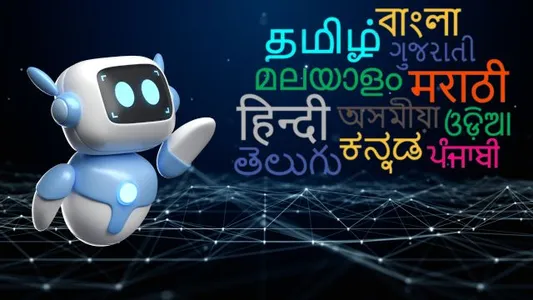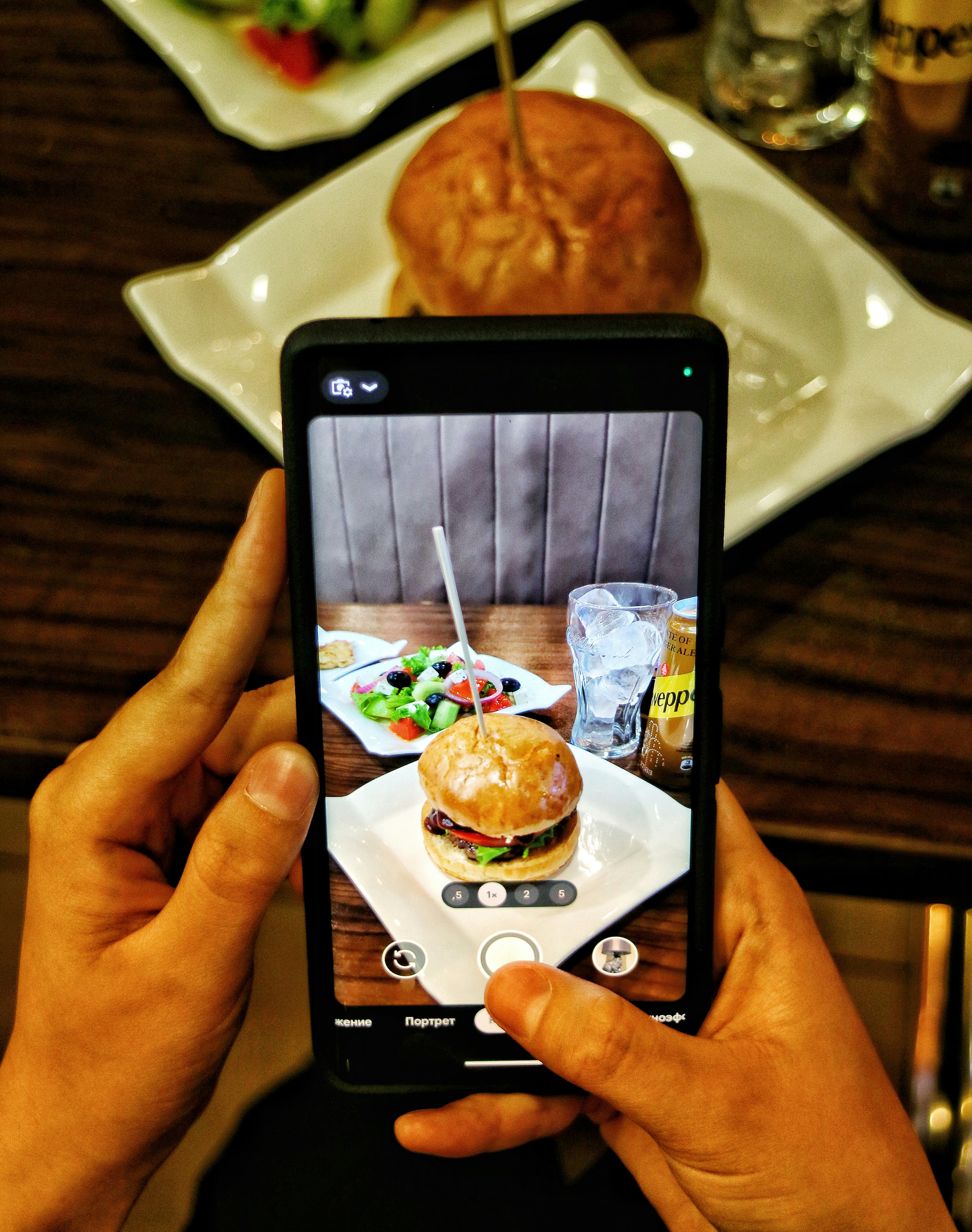Research
We engage in multiple research themes with the aim to improve our understanding of all things food, data, and AI. Our current research inquiries are broadly categorized as:
1. Food Knowledge Graph
Key Question & Focus Areas
Can we build a comprehensive, granular, and reliable Food Knowledge Graph for Indian cuisine detailing ingredient, recipe, process, nutrition, etc.?
Indian Food and Cooking Ontology
Establishing a Foundational Indian Culinary Ontology: Semantic Design, Source Identification, Vocabulary Curation, and Knowledge Engineering
Indian Food Knowledge Graph
FKG.in: Building, Validation, Evaluation, Maintenance, and Analysis of a Domain-Specific Knowledge Graph
Intelligent Recipe Discovery System
Design and Deployment of an Intelligent Interface for Querying and Exploring the Indian Food Knowledge Graph
Global Interoperability
Development of an Interoperable Framework for Seamless Integration of Knowledge Graphs
Human-In-The-Loop Validation Pipeline
Combining Expert Insights, Crowdsourced Contributions, and Automated Processes for Continuous Refinement and Accuracy of the Knowledge Graph
Contributions & Impact
[FOIS '24] Building FKG.in: A Knowledge Graph for Indian Food
Formal Ontology in Information Systems (FOIS 2024): Integrated Food Ontology Workshop (Enschede, NL)
[BDBio '24] Building a Knowledge Graph for Indian Food
Symposium on Big Data Algorithms for Biology (IISc, Bengaluru)
2. Diet-based Health Research & Analysis
Key Question & Focus Areas
Can a holistic and context-aware Personal Food Model enable us to study the interplay of food with diet-based diseases, health, and well-being?
Ashoka Cohort for Health and Wellbeing
Studying the Determinants of Health and Well-Being at Ashoka University.
Personal Food Model
Developing Individualized Food Models by Integrating Nutritional Data, Health Metrics, and Personal Preferences for Better Dietary Decisions.
Studying Eating Disorders
Analyzing Behavioral Patterns, Digital Footprints, and Health Indicators to Understand and Support Early Detection of Eating Disorders.
Food Recommendation System
Generating Personalized Food Recommendations, Tailored to Individual Dietary Needs, Preferences, and Health Conditions.
Contributions & Impact
[NeurIPS '25] PRISM: Physician Rules Integrated with Small large language Models for probable diagnoses associated with Abdominal Pain
Neural Information Processing Systems (NeurIPS 2025): GenAI for Health Potential, Trust, and Policy Compliance Workshop (California, USA)
[EMNLP '24] Deciphering psycho-social effects of Eating Disorder: Analysis of Reddit Posts using LLMs and Topic Modeling
Empirical Methods in Natural Language Processing (EMNLP 2024): International Workshop on Natural Language Processing for Digital Humanities (Florida, USA)
[Front. Pediatr. '24] Markers of chronic disease risk in term low birthweight Indian children aged 8–14 years
Journal - Frontiers in Pediatrics 2024: Children and Health Section
[APC '24] Efficacy of early enteral feeding with supplemented mother's milk on postoperative outcomes of cardiac surgical infants: A randomized controlled trial
Journal - Annals of Pediatric Cardiology 2024
[F1000Research '22] Long-term health after Severe Acute Malnutrition in children and adults- the role of the Pancreas (SAMPA): Protocol
Journal - Faculty of 1000 Research 2022
[JCDR '21] Food Consumption Pattern of Adolescents in Delhi-NCR Born Full Term with Low Birth Weight with Reference to the New Estimated Average Requirement (EAR)
Journal - Journal of Clinical and Diagnostic Research 2021
3. Multimodal & AI Food Solutions
Key Question & Focus Areas
Can we build multimodal & AI solutions tailored to Indian food that combine visual, textual, and procedural understanding to enable intelligent food analysis, recipe generation, and data interpretation at scale?
Indian Food Image Analysis
Object Detection, Food Classification, and Calorie Estimation for Indian Cuisine
Indian Food Language Technology
Exploring the Intersection of Food Data Mining and Computational Linguistics to Address the Diversity of Indian Food Cultures and Languages
Indian Food Composition Analysis
Automating the Calculation of Nutrient and Composition Data for Indian Food at Scale
Recipe Procedural Soundness Benchmark
Assessing What Makes a Recipe Coherent, Cookable, Correct, and Complete
Contributions & Impact
[ICPR '24] Enhancing FKG.in: automating Indian food composition analysis
International Conference on Pattern Recognition (ICPR 2024): Multimedia Assisted Dietary Management Workshop (Kolkata, India)
[ACMMM '25] Towards an Action-Centric Ontology for Cooking Procedures Using Temporal Graphs
ACM Multimedia (ACMMM 2025): Multi-modal Food Computing Workshop (Dublin, Ireland)
4. Food Availability Atlas
Supported by: Koita Center for Digital Health (KCDH-A), Centre for Data Science and Analytics (CDSA)
Key Question & Focus Areas
Can we develop a Food Availability Atlas by incorporating geo-tagged food data — such as eatery maps, regional availability, pricing, consumption trends, and heritage — to support contextual applications?
Enriching FKG.in with Real-World Data
Integrating Diverse Datasets - Such as Nutritional Content, Food Pricing, Consumption Trends, and Agricultural Information — to Enrich the Food Knowledge Graph
Ashoka Eatery Catalogue
Mapping Food Sources, Offerings, and Availability Across Campus to Support Research, Accessibility, and Nutrition Awareness
Applications Beyond the Knowledge Graph
Leveraging FKG.in to Explore and Develop Potential Applications that build on top of the knowledge graph
Food Culture and Heritage
Documenting the Diversity, Symbolism, and Practices Associated with Indian Food Traditions Across Regions and Communities
Contributions & Impact
[ACMMM '25] What's Not on the Plate? Rethinking Food Computing through Indigenous Indian Datasets
ACM Multimedia (ACMMM 2025): Multi-modal Food Computing Workshop (Dublin, Ireland)
[IJFANS '22] Food insecurity during Covid-19 pandemic among people residing in underprivileged areas of South Delhi
Journal - International Journal of Food and Nutritional Sciences 2022
[Indian Pediatr. '23] Longitudinal Growth and Undernutrition Burden Among Term Low Birth Weight Newborns Reared in Adverse Socioeconomic Conditions in Delhi
Journal - Indian Pediatrics 2023
[Nutrition '20] Suboptimal feeding and caring practices among young Indian children ages 12 to 24 mo living in the slums of New Delhi
Journal - Nutrition 2020
[JNSV '20] Status of Vitamin B12 among Healthy Adult and Elderly Population in India: A Review
Journal - Journal of Nutritional Science and Vitaminology 2020
[IJVNR '19] Vitamin E status in healthy population in Asia: A review of current literature
Journal - International Journal for Vitamin and Nutrition Research 2019
5. Nutriagroeconomy & Agroecology
Key Question & Focus Areas
Can we model the Indian agri-food ecosystem by integrating local knowledge systems, ecological principles, food policy frameworks, and end-to-end food flow data?
Agroecology and Local Knowledge Systems
Integrating Indigenous Farming Wisdom with Ecological Data for Sustainable Agricultural Modelling
End to End Food Flow Mapping
Mapping the Journey of Indian Food from Agricultural Production to Consumer Consumption
Indian Food Safety and Food Policies
Analyzing Regulatory Frameworks, Safety Protocols, and their Impact on Public Health in the context of Indian Food
Food Claim Network
Mapping and Evaluating Nutritional, Cultural, and Marketing Claims Made About Food Across Media and Policy Sources
Food Computing Applications
Designing and Developing Food Computing Applications to study and address Systemic Challenges in the Agri-Food Systems
Contributions & Impact
[ACMMM '25] Extending FKG.in: Towards a Food Claim Traceability Network
ACM Multimedia (ACMMM 2025): Multi-modal Food Computing Workshop (Dublin, Ireland)
[FSN '23] Dietary patterns of Indian school-aged children and associations with markers of chronic disease risk
Journal - Food Science & Nutrition 2023
[IJND '18] Zinc content of cereals and pulses in Delhi
Journal - Indian Journal of Nutrition and Dietetics 2018
[Health Policy Plan. '18] Designing programs to improve diets for maternal and child health: estimating costs and potential dietary impacts of nutrition-sensitive programs in Ethiopia, Nigeria, and India
Journal - Health Policy and Planning 2018
6. Food Knowledge Dissemination
Key Question & Focus Areas
Can we build intelligent systems for Personal Health Navigation with contextual and conversational abilities in vernacular text and speech?
Personal Health Navigation System
Designing a Dynamic, User-Centered System to guide Individuals in making informed Health and Lifestyle decisions over time.
Natural Language Interface (English – Speech and Text)
Developing a User-Friendly Interface for Interacting with Food-Related Datasets and Applications using Natural Language
Vernacular Language Interface (Select Indian Languages – Speech and Text)
Building Interfaces that support Indian Vernacular Languages in both Speech and Text formats
Conversational Interface with OpenCHA and LLM
Creating Conversational AI Systems that enable Interaction with Food Computing Technologies via OpenCHA and Large Language Models (LLMs)
Mobile App Development
Designing and Developing Mobile Applications that make Food Computing Insights accessible to everyday Users
